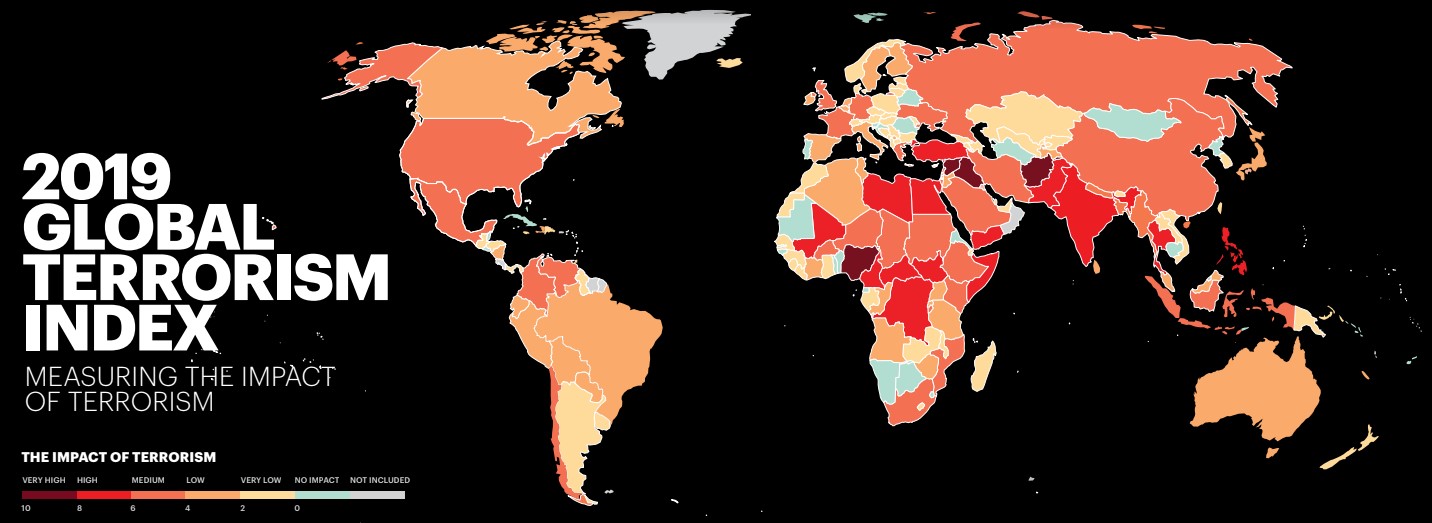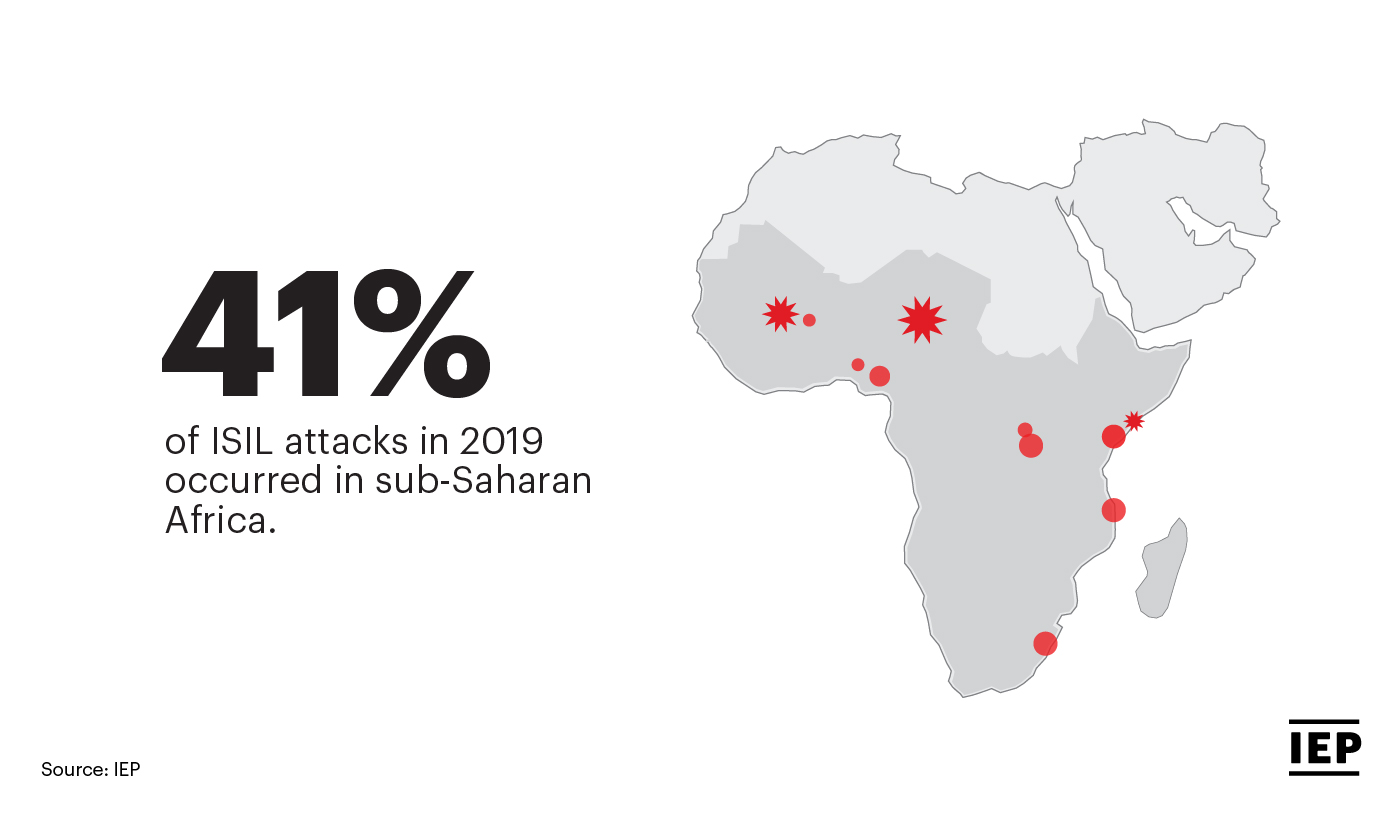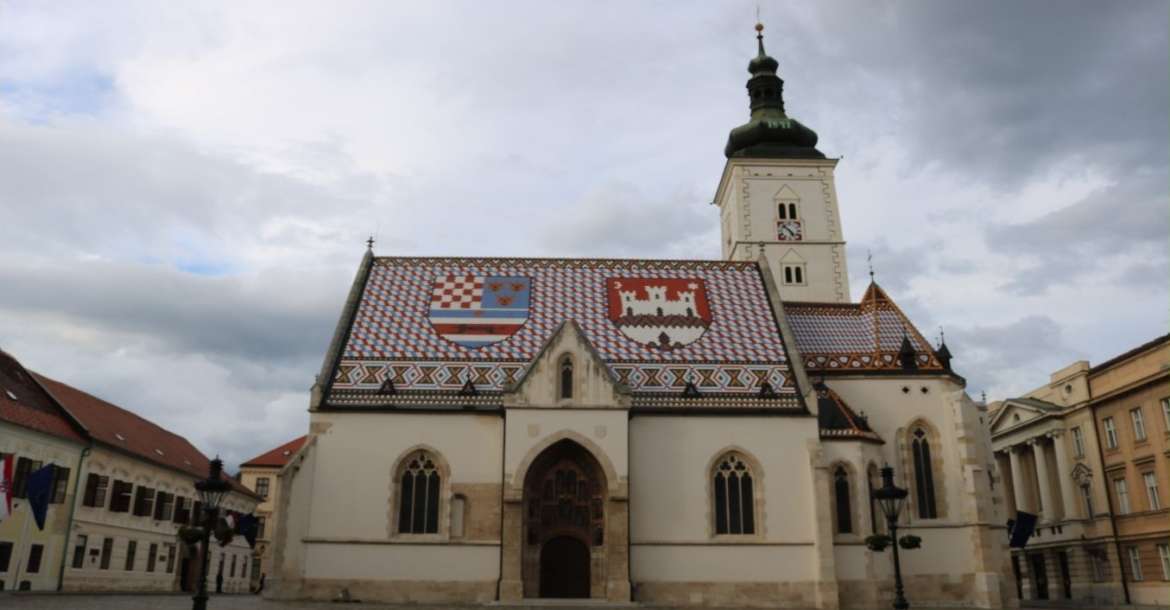PM Says Parliamentary Committee Discussed Ways to Reduce Hate Speech
ZAGREB, 2 Feb 2022 - PM Andrej Plenković said on Wednesday upon the conclusion of a session of the parliament's National Security Committee, that discussions included creating an atmosphere in society that would reduce hate speech.
Discussions were motivated by the 2020 attack on the government headquarters by Danijel Bezuk, which was condemed as a terrorist attack.
"We discussed the terrorist attack of October 2020. Everyone agreed that it was a terrorist attack and an unacceptable act, and we discussed ways to create an atmosphere in society that will reduce hate speech which, when it evolves, unfortunately can lead to cases like this one," Plenković told reporters, adding that there were not many dissonant voices during the debate.
Policy of tolerance has changed atmosphere on political scene
Speaking of ways to reduce hate speech, Plenković said political stakeholders should think about whether they contribute to polarisation and radicalisation, adding that "some debates in the parliament, too, contribute to that atmosphere that later spreads to some media and social networks."
Plenković said that he had been pursuing a policy of tolerance, inclusiveness, dialogue and respect for six years, pointing in that regard to his position that ethnic minorities should be part of the parliamentary majority, feel well, and for their rights to be respected.
He added that with such policy he had changed the atmosphere on the political scene, compared to the time before he became prime minister.
"Think back a little, also when the HDZ and its political philosophy, rhetoric and moves are concerned, I think the differences are visible and do not need much description," he said.
Asked who was intolerant, he said "There are many", but would not elaborate who he was referring to, telling reporters they knew that better than he did.
Plenković said today that he did not tell the State Attorney, or the national police director, that he was dissatisfied with their work regarding the attack on the government headquarters, which was mentioned in December.
"When I saw the reports, there were many questions that I thought remained unanswered and I said so last summer to the state attorney, the police director and the minister of the interior. They said today that they were still working on the case," Plenković said, noting that the case was still not closed.
"It was an unprecedented case, a terrorist act committed by a 22-year-old man, it was purposeful, it caused fear, violence was used and it was of a political nature. Those are elements of a terrorist act and that requires a thorough analysis of the phenomenon of hate speech and those who indoctrinate people as young as that man," he said.
Plenković did not specify who had indoctrinated Bezuk, noting that "there is a lot of very useful and telling information in the report."
The PM also would not say if some political camps were behind the incident, saying only that "things are quite recognisable."
He dismissed speculation that his special advisor on security Robert Kopal had done some analyses, saying that reports were made by the institutions working on the case - the Office of the State attorney, police and the Security-Intelligence Agency (SOA).
Reopening St. Mark's Square a matter of security assessment
Asked if there were plans to reopen to public St. Mark's Square, the seat of the parliament and government headquarters, Plenković said it was a matter of security assessment.
"I do not know of any other country where state institutions were as accessible as we were until that moment," he said.
Those who want to stage a peaceful protest in St. Mark's Square can do so today. "A protest is announced, the gate is opened and the protesters go inside, they protest, sing, play loud music and that's all right. Except for walking around, everything else is allowed," he said.
Today's session of the parliament's National Security Committee was attended, along with the prime minister, also by State Attorney Zlata Hrvoj Šipek, Police Director Nikola Milina and SOA head Danijel Markić.
For more, check out our politics section.
PM Expects Additional Reports on Last Year's Terrorist Attack on Government Building
ZAGREB, 23 July 2021 - Prime Minister Andrej Plenković said on Friday he expected additional reports from all security services about last year's terrorist attack on the government building in St Mark's Square in Zagreb, because he doubted that the attacker did not have any accomplices.
"This matter is too important and too serious and it was not discussed much. If it happened in any other country, believe me, no stone would be left unturned until it was found who got this person to do something like that," Plenković told reporters during a visit to the southern island of Hvar.
The Chief Public Prosecutor's Office (DORH) said on Thursday that the 12 October 2020 attack, carried out by 23-year-old Danijel Bezuk, was an act of terrorism but that the attacker did not have an abettor or instigator.
Commenting on DORH's decision, Plenković said that he had seen footage of the attack, recalling that the perpetrator had twice returned to shoot at the government building and police.
"This incident was unprecedented. The perpetrator was young. This act cannot be described otherwise than a terrorist attack because it was an attack on an institution," the prime minister said.
He added that it was hard for him to believe that such a young person had committed such a crime for no reason and unprovoked.
"I think additional efforts should be made to see who are the people who influenced such a young person, who indoctrinated him and led him to do something like that. I don't think that he himself made the gun that he used, or that he learned to shoot on his own, or that he came to that decision on his own. I doubt there were no abettors or instigators," Plenković said.
He said he still stood by his statement that the attacker was influenced by "certain political parties".
"I will not be naming any names now, but I mentioned them the other day," Plenković said, alluding to parties that accuse his government of being a "Croatian-Serbian trading coalition".
He said that he supports tolerance and respect for ethnic minorities and is against an exclusive and aggressive Croatia, stressing that parties like that will never be partners to his HDZ.
Asked how long St Mark's Square, the seat of the Government and Parliament, would stay fenced off, Plenković said that this decision rested with the Ministry of the Interior and security services.
For more on politics, CLICK HERE.
Global Terrorism Index 2020: Croatia is a Completely Safe Country
ZAGREB December 2, 2020 – Croatia is a completely safe country, according to the latest figures from the Global Terrorism Index
According to the Global Terrorism Index, Croatia is a completely safe country. Their findings are reported annually by the Institute for Economy and Peace. In their most recent report (published late November 2020), from the year beginning 2018 and ending in 2019, Croatia scored an index rating of 0.0 on the impact of terrorism. This means that, in regards to the threat of and the fallout from terrorism, Croatia is a completely safe country.
In the report, terrorism affects most the citizens of three countries: Afghanistan, Iraq and Nigeria. Terrorist groups are powerful and active in these three nations. On a daily basis, they affect and change the lives of all the people who live in these countries, particularly those who inhabit larger population centres.
The situation is particularly tragic in Afghanistan (with an index rating of 9.5). 41% of all fatal victims of terrorist globally live in that one country alone. The second country most-affected on the list is Nigeria with 9%. Afghanistan and Nigeria were the only two countries which each suffered more than 1,000 deaths from terrorism. A map showing the impact of terrorism globally. The figures were compiled in a one year period between 2018 and 2019, published as an annual report in late November 2020 © Institute for Economy and Peace (IEP)
A map showing the impact of terrorism globally. The figures were compiled in a one year period between 2018 and 2019, published as an annual report in late November 2020 © Institute for Economy and Peace (IEP)
Globally deaths from terrorism fell for the fifth consecutive year in 2019 to 13,826, a 15 per cent decrease from the prior year. The peak of deaths from terrorism occurred in 2014 and this coincides with the high point of influence of the Islamic State of Iraq and the Levant (ISIS or ISIL). The figures from 2019 show a decrease of 59% since then.
A total of 63 countries recorded at least one death from terrorism in the most recent report. Although dismal reading, this is in fact the lowest number of countries to have reported such since 2013.
The global economic impact of terrorism was US$16.4 billion in the twelve-month period covered by the report, a decrease of 25 per cent from the previous year. However, the true economic impact of terrorism is much higher as these figures do not account for the indirect impact on business, investment, and the costs associated with security agencies in countering terrorism.
ISIS (or ISIL)'s centre of activity has been shown to have moved to sub-Saharan Africa in the period. Total deaths by ISIL in the region have increased by 67%. ISIL and their affiliates were also responsible for attacks in 27 countries in the year period ending 2019. © Institute for Economy and Peace (IEP)
© Institute for Economy and Peace (IEP)
The GTI uses a number of factors to calculate its score, including the number of incidences, fatalities, injuries and property damage. The Taliban remained the world's deadliest terrorist group in 2019; however, terrorist deaths attributed to the group declined by 18%. ISIL's strength and influence also continued to decline. For the first time since the group became active, it was responsible for less than a thousand deaths throughout the year.
It is not yet known whether the attack on government buildings in Zagreb in 2020 will affect Croatia's rating on the index published next year. Although a lone endeavour, Croatian Prime Minister Andrej Plenković is the most high-profile commentator (of many) to have said the attack had elements of terrorism. The global increase in threat from domestic attacks is clearly evident within the rest of the most recent report.
In North America, Western Europe and Oceania, terrorist attacks by groups or individuals involved in far-right politics have increased by 250 per cent since 2014. They are now higher than at any time in the last 50 years. There were 89 deaths attributed to far-right terrorists in 2019. In the USA, white supremacists and other rightwing extremists have been responsible for 67% of domestic terror attacks and plots so far this year. Saint Mark's Square in Zagreb, scene of a shooting in 2020, perpetrated by a Croatian citizen © Marc Rowlands
Saint Mark's Square in Zagreb, scene of a shooting in 2020, perpetrated by a Croatian citizen © Marc Rowlands
There have so far not been any terrorist actions attributable to fundamentalist Islamic groups in Croatia, unlike other European countries such as Spain, Germany, France and the UK. Eastern and southern Europe have experienced more civil unrest in direct correlation with the rise of far-right politics in the region. The popularity of far-right politics has risen ever since the 2008 financial crisis and has continued through the economic recession which followed.
Such trends are expected to continue because of the anticipated and extended economic downturn caused by COVID-19, which is likely to increase political instability and violence. Since COVID-19 was declared a global pandemic by the World Health Organization (WHO) in March 2020, preliminary data suggests a decline in both incidents and deaths from terrorism in most regions in the world. However, it is expected that the pandemic is likely to present new and distinct counter-terrorism challenges.
Of Croatia's neighbours, Bosnia and Herzegovina recorded the largest improvement in the whole of Europe with their 2019 index rating (followed by Austria and Sweden). Only two terrorist attacks were recorded in the country in 2019, compared to six the previous year. Slovenia also scored a 0.0 rating, meaning it can say that it, like Croatia is a completely safe country.
Government Condemns Terrorist Attack in France
ZAGREB, March 23, 2018 - Croatia strongly condemns terrorism and is resolute in the fight against the insane violence which encroaches on the foundations of modern democratic society, Prime Minister Andrej Plenković said on Friday in a letter of condolence to his French counterpart Edouard Philippe after a terror attack in Trebes, France.
137 Bosnian Citizens Fighting Abroad
ZAGREB, February 17, 2018 - A total of 137 nationals of Bosnia and Herzegovina are fighting on foreign fronts, according to information provided by the country's security agencies that was presented to the Parliamentary Assembly of the Mediterranean by Bosnia and Herzegovina member of parliament Mirsad Isaković.
US Croat Wounded in Attack in Las Vegas
Mike Ljubić is in a medically induced coma.
No Croatian Citizens Hurt in Terrorist Attacks in Spain
Croatia expresses condolences to the Spanish government and people.
Croatian Leadership Condemns Terrorist Attack in Stockholm
Four people died in the latest terrorist attack in Europe.
Prime Minister Plenković Condemns Attacks in Berlin and Istanbul
Prime Minister says that Croatia is developing new national security strategy.
Alleged Kurdish Terrorist Arrested near Omiš
A tourist from Germany of Kurdish origin was arrested due to a warrant issued by Interpol.


